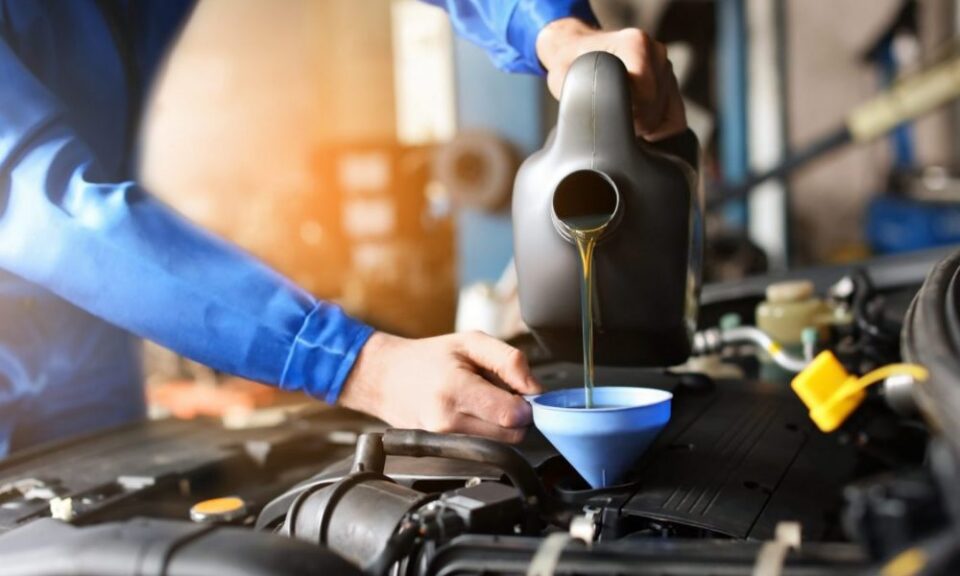To ensure the longevity and optimal performance of your vehicle, it is essential to uphold its operational integrity, with regular oil changes being a critical component of maintenance protocols. Engine oil serves to maintain the cleanliness of the engine, provide lubrication to moving components, and reduce frictional forces. However, oil has the potential to deteriorate and diminish its efficacy over time. Understanding the appropriate intervals for oil changes can prevent costly complications in the future. The primary indicators that your vehicle requires an immediate oil change are outlined below.
Illuminated Oil Lamp
Illuminated oil light on the dashboard serves as a straightforward indicator that an oil change is necessary for your vehicle. The warning light serves as an essential indicator of low oil pressure or the presence of contaminated or degraded oil within the vehicle’s lubrication system. The procedures for automobile maintenance highlight the necessity of immediately assessing the quality and levels of engine oil upon the activation of this indicator light. Disregarding this caution may lead to significant engine impairment, as insufficient lubrication can result in elevated temperatures and heightened friction. Choosing the Auto Repair in Aurora, Co based service is essential here.
Contaminated or Impure Oil
The presence of gritty or dirty oil signifies that an oil change is necessary for your vehicle. To assess the oil level, extract the dipstick, clean it thoroughly, and reinsert it into the tube. Remove it once more to examine the texture and color. Fresh oil exhibits a golden and translucent appearance, in contrast to aged oil, which typically presents as dark brown or black and contains particulate matter from contaminants. If your engine exhibits a scent or appearance reminiscent of molasses, it is advisable to replace the oil.
Elevated Engine Acoustic Emissions
Unusual engine sounds could suggest the condition of the oil. Effective lubrication facilitates optimal engine performance and minimizes operational noise; however, the quality of oil diminishes over time. Engine sounds may encompass grinding or knocking. The presence of these sounds could suggest inadequate lubrication among the moving components, leading to potential wear and tear. Upon detecting unusual sounds, it is imperative to assess your oil levels without delay.
Reduced Fuel Efficiency
The quality of automotive oil also influences fuel efficiency. Increased frequency of visits to the gas station, assuming driving techniques remain constant, could indicate an issue with the oil quality or condition. Outdated oil elevates engine friction, resulting in prolonged operation. This could lead to a decrease in fuel efficiency and an increase in gasoline prices. Regular monitoring of oil changes is essential to optimize engine performance and enhance fuel efficiency.
Final Analysis
Regular oil changes are crucial for ensuring the optimal performance and efficiency of your engine. Recognizing the key signs of an approaching oil change can assist in preventing expensive repairs and minimizing operational interruptions. It is essential to monitor your vehicle’s condition; if any irregularities are detected, it is advisable to inspect the oil levels promptly.

